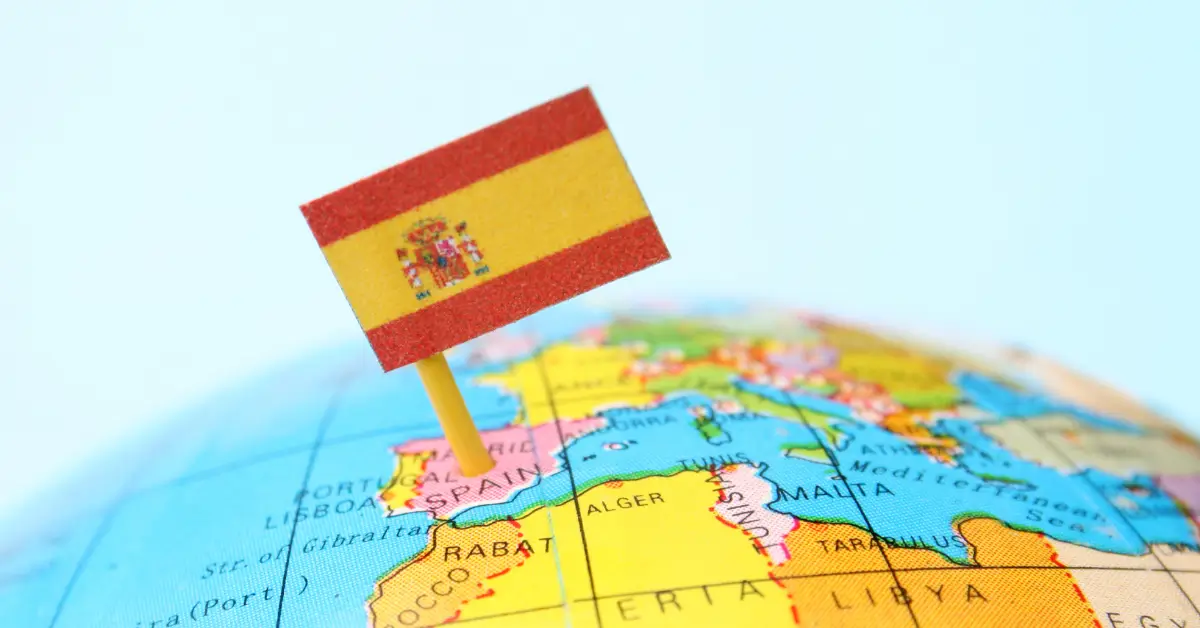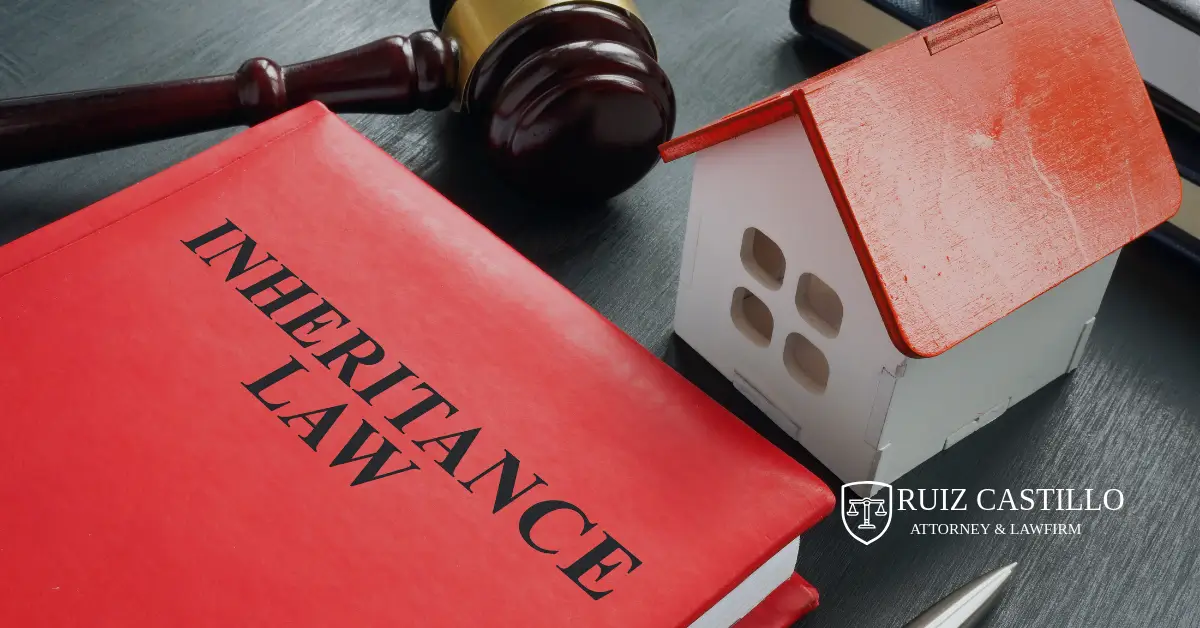
As a foreigner living in Spain, understanding your legal rights and obligations is essential to ensure compliance with the country’s laws and enjoy your time here. Whether you’re an EU or non-EU citizen, this guide provides an overview of the residency and social security requirements you must meet, along with the benefits and obligations you […]
Happy clients
Experience
Masters degrees
As a foreigner living in Spain, understanding your legal rights and obligations is essential to ensure compliance with the country’s laws and enjoy your time here. Whether you’re an EU or non-EU citizen, this guide provides an overview of the residency and social security requirements you must meet, along with the benefits and obligations you acquire as a resident. Should you need personalized assistance with any legal or administrative process, I, José María Ruiz Castillo, am available to help you navigate the complexities of Spanish law.
One of the first legal steps for foreigners in Spain is securing the necessary identification and residency permits. This section will guide you through the different processes for EU and non-EU citizens.
The NIE (Número de Identificación de Extranjero) is a tax identification number required for any financial activity in Spain, including opening a bank account, purchasing property, or signing employment contracts. Both EU and non-EU citizens need an NIE, but the process varies:
The NIE or TIE application can be initiated either in Spain or at a Spanish consulate abroad before arrival. Applying from abroad is particularly useful if you need to handle financial matters before moving to Spain.
To apply, you will generally need:
I can assist you with gathering the required documents and submitting them to the appropriate authorities to ensure a smooth and timely process.
Read my in-depth article on how to navigate the Spanish bureaucracy.
Once you’ve obtained residency, several legal obligations must be met to remain compliant with Spanish law. These include tax obligations, local registration, and residence permit requirements:
If you have any concerns about fulfilling these legal obligations, I can offer you the guidance and support needed to stay compliant.
Contributing to Spain’s social security system is essential for accessing public services like healthcare and unemployment benefits. This section outlines how to register and the benefits you can receive.
Spain’s healthcare system is highly regarded and is available to all residents who are registered with social security. EU citizens can initially use their European Health Insurance Card (EHIC) for temporary stays, but long-term residents must register with the local health system.
Here’s how to register:
For non-EU citizens applying for residence permits, having private health insurance may be required, especially for those applying for non-lucrative visas . If you need help navigating Spain’s healthcare registration, I can assist you to ensure you and your family receive the necessary care.
Contributing to Spain’s social security system brings numerous benefits:
Whether you need assistance with social security registration or have questions about your benefits, feel free to contact me. I can help ensure you receive the benefits you’re entitled to while living and working in Spain.
Read my in-depth article about key Spanish laws every expat should know.
Understanding your legal rights and obligations as a foreign resident in Spain is key to enjoying a stress-free stay. From applying for residency permits and registering for social security to ensuring tax compliance and accessing healthcare, there are several steps to take. The process can be complex, especially for non-EU citizens, but with my legal expertise, I can help you navigate these requirements seamlessly.
If you’re moving to Spain or already living here and need help with legal matters, don’t hesitate to contact me directly. I, José María Ruiz Castillo, am available to assist with your residency applications, legal compliance, and other administrative matters, ensuring you meet all your obligations in Spain. Let me take care of the paperwork so you can focus on enjoying your life in this beautiful country.







